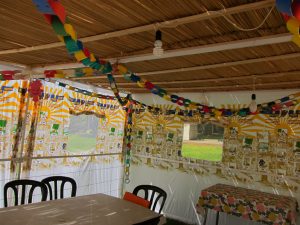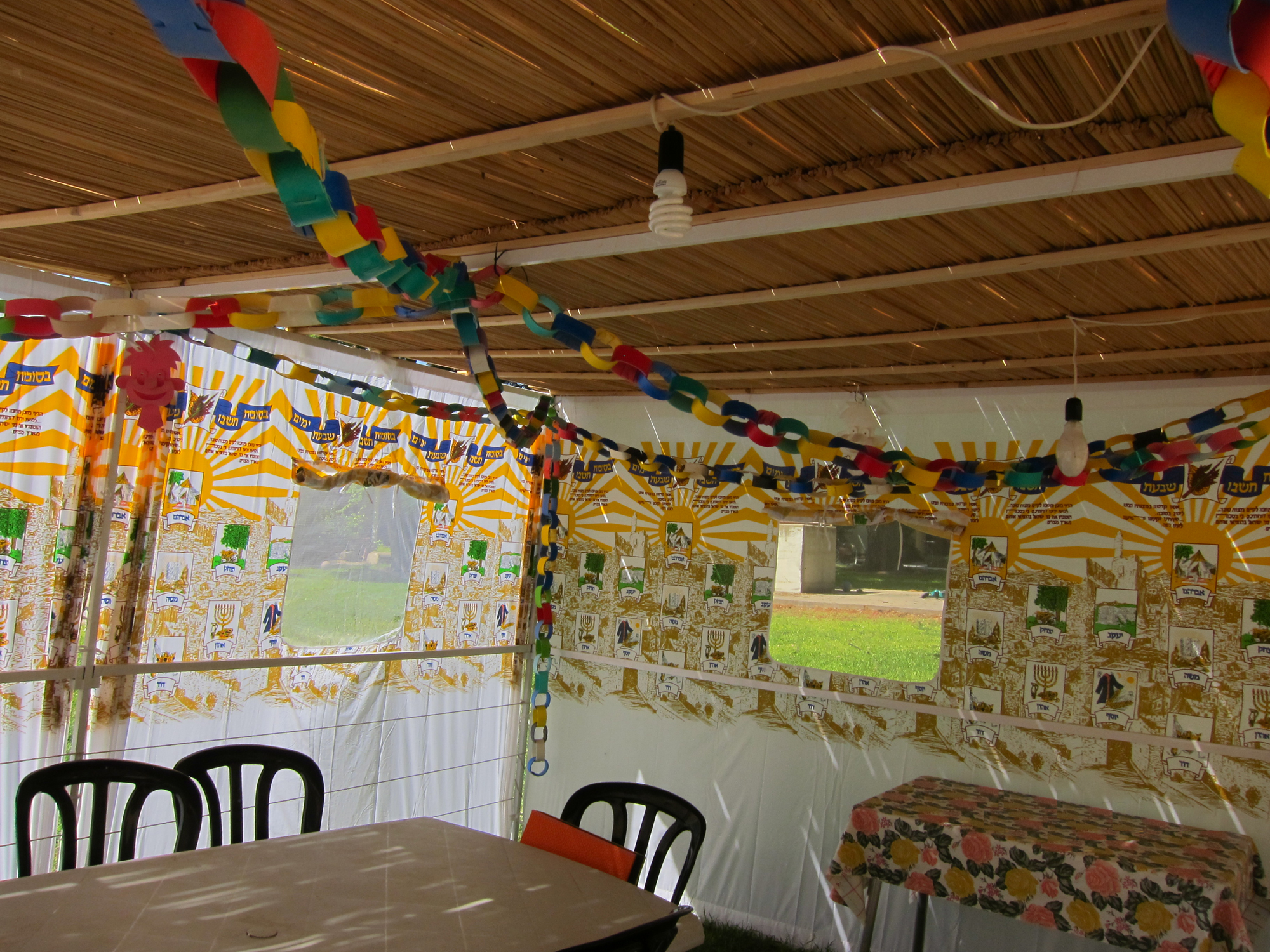
On the Mitzvah of dwelling in a Sukkah, the Torah says, “In order that your generations will know that I placed the Children of Israel in Sukkos when I brought them out of the Land of Egypt; I am Hashem Your G-d” [Lev. 23:43].
What is the “knowledge” that we gain by living in a Sukkah? The Sages say: “Go out from your fixed dwelling, and sit in a temporary dwelling” [Sukkah 2a]. My wife’s grandfather, Rav Tzvi Elimelech Hertzberg zt”l, explains that in so doing a person can merit to realize that all that we acquire in this world, what we imagine to be fixed and permanent, is in the end only temporary. With this, a person can subdue his own wants and desires for things of this world, since they are, in the end, of little consequence.
Thus, he says, by living in a Sukkah a person can merit to achieve true humility, where it might seem that he has “fallen,” but Hashem is the support and helper of the fallen. In fact, hinting to this idea, the Rebbe of Koritz says that the Hebrew letters of “Sukkah” are themselves an acronym for “support and helper of all fallen.”
The other major holidays, Pesach and Shavuos, recall particular events (the Exodus from Egypt and the Giving of the Torah, respectively) and come at the same time as those events. Sukkos alone is not tied to a particular event that happened on a particular day. So perhaps Rav Hertzberg teaches us why Sukkos is found on the calendar just a few days after Yom Kippur, a day when we reflect upon our failings, how low and lacking we are, and commit to doing better. Sukkos is a happy festival, but living in a Sukkah means being more exposed to the elements, and taking a step down from the comfort of our own dining room and warm house.
Especially as this is the time, in an agrarian society, where people would enjoy the harvest of their crops, Sukkos redirects us to spiritual uplift and enjoyment, rather than physical. This is a lesson we can carry with us throughout the year—so that while we enjoy the Sukkos holiday, we take away lessons that will bring us to the next Yom Kippur with fewer regrets over times we lost sight of what is truly important in life.


